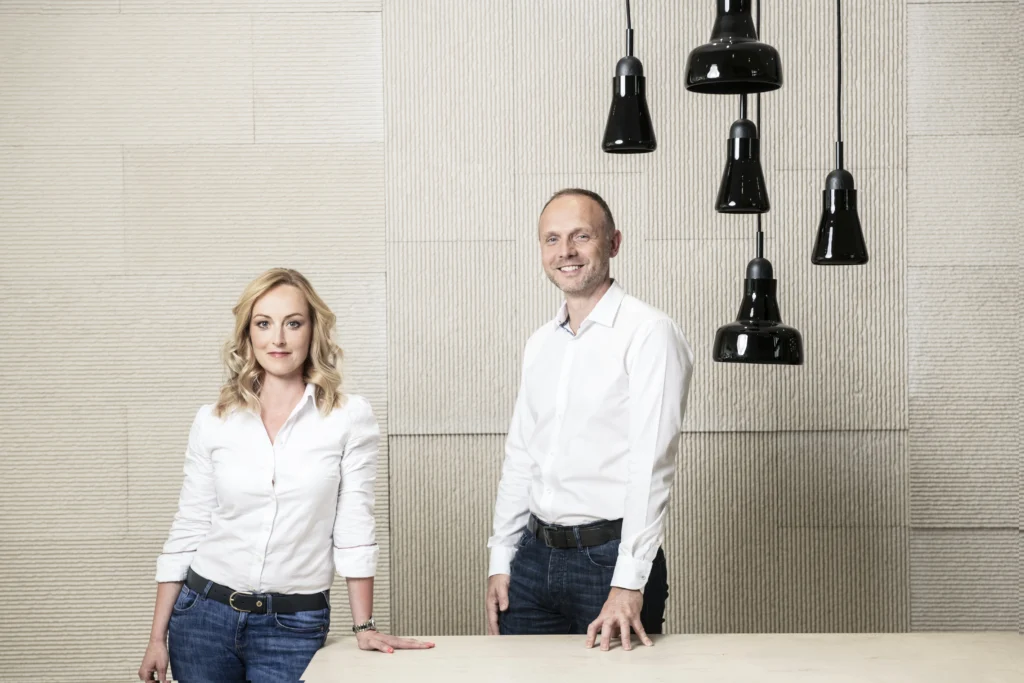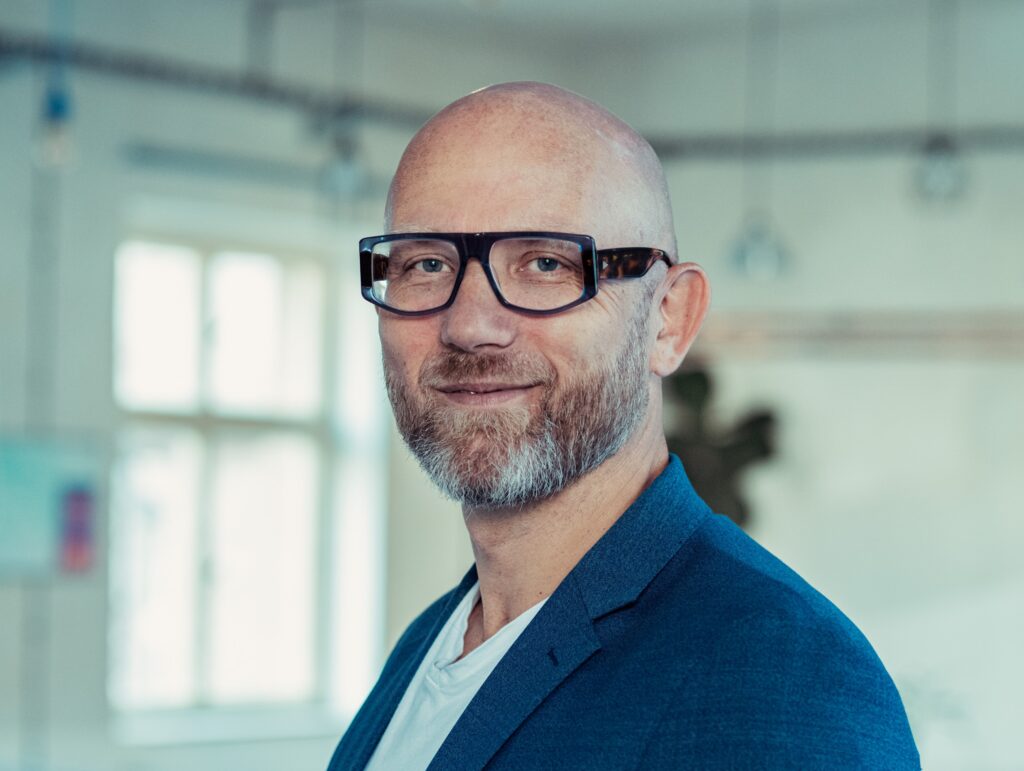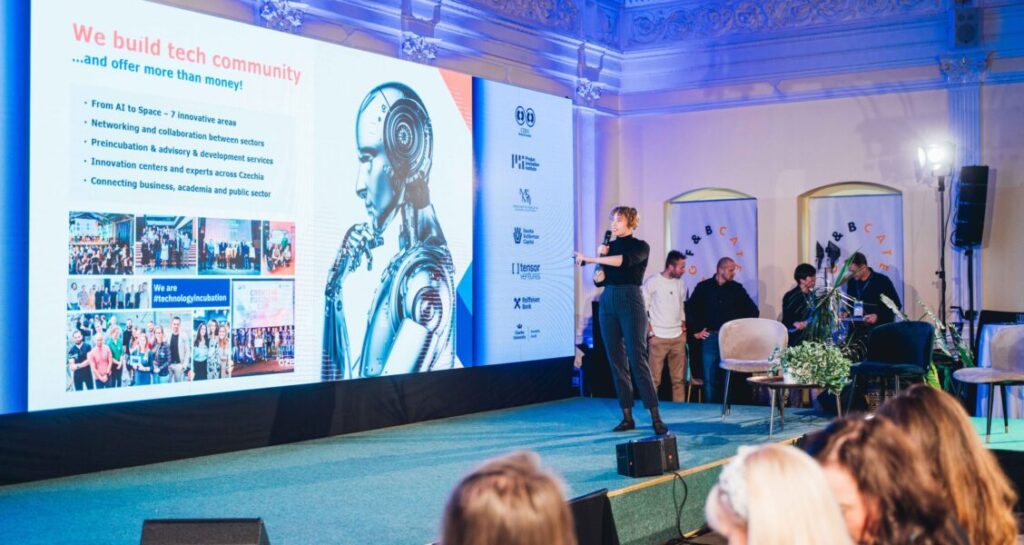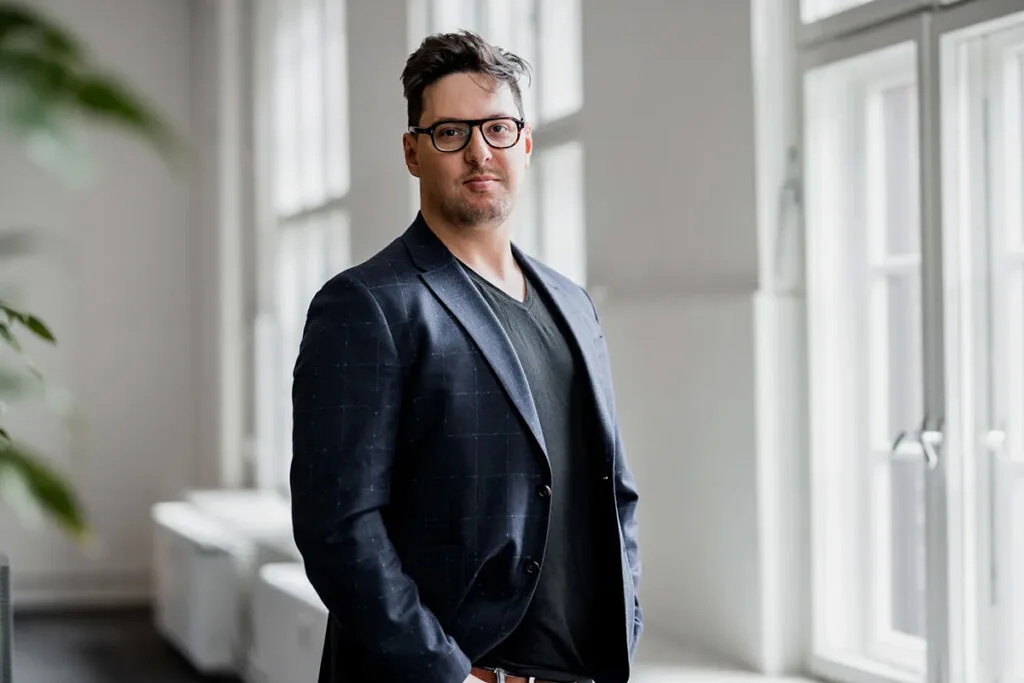The organization is a force to be reckoned with: its membership reads as a who’s who of the Czech startup scene, with all the heavy hitters represented – as well as plenty more eager to join their ranks. Pretty good for something that started more than six years ago as a dinner club for like-minded entrepreneurs by Vít Horký, the exited founder of Brand Embassy, and David Šiška, the former CEO of Bonami.
As the activities of the nascent organization grew, they became more than its founders wanted to manage; they’re entrepreneurs after all. This is how Werdmölder came in, though she is no policy wonk: she was one of the people to help set up Uber in Czechia and thus both knows her way around startups as well as the thornier details of public policy, or, in her words, “pushing things politicians don’t want, but consumers do.”
The issue with ESOP
In the eyes of Werdmölder and Czech Founders, the biggest public policy issue affecting startups in Czechia are the rules surrounding ESOP for people working in startups. An employee stock ownership plan is how employees in startups are usually rewarded: besides working on salary or other, regular remuneration, they also are given an interest in the company.
In Czechia, ESOP doesn’t work as well as elsewhere, though, as it’s taxed as a benefit. This means it carries a much higher tax burden, something we discussed at length with Ondřej Krátký of Grid.online in his interview.
ESOP is a vital way for startups to get the best possible workers, explains Werdmölder. ”If you’re a startup, you want to hire the top talent but you cannot offer $10,000 a month to an American worker to come and work here. And the Czech pay isn’t much of a draw, either. We have a beautiful country, yeah, but what else?” Being able to offer ESOP would make up this difference.
It’s more than just an incentive, though: Werdmölder explains how ESOP money perpetuates the industry. “ Uber has generated a whole generation of new founders who are founding companies, and I’m here working for an NGO because of successful exit with ESOP. Even if the startup isn’t very successful, you’ll probably leave with some money if you have a stake, and you still put that money back into the ecosystem. This is the most important thing: that you keep the wheels turning.”
Werdmölder continues: “This is why we speak of Skype Mafia, Uber Mafia, Google Mafia and so on. Just from Skype you had over 950 founders and they created 65,000 companies. Look at Cabify in Spain. Not the same story, but very similar on a Spanish scale.”
Opening the economy
The challenges facing the Czech startup ecosystem won’t just disappear if ESOP becomes a reality. Werdmölder sees other issues for employees besides stock options. “In Czechia, you’re either an employee or a freelancer. There’s nothing in between. There’s no flexible work and it basically drives people into finding ways around and that’s wrong.”
The main issue is that employees are expensive to maintain and labor laws are tight, forcing many companies to hire people as freelancers, instead. It’s cheaper for the employer, and allows workers to keep more of their pay packet in the bargain as self-employment taxes are cheaper than those for employees. The loser is the Czech state, which misses out on income.
To remedy this situation, Czech Founders has set up several initiatives to lobby the government. The most important of these is the open letter signed by over 150 founders urging the government to enhance the competitiveness and attractiveness of ESOP. In short, the letter, which was a joint effort with the Czech Startup Association, urged that employees be recognized as investors and ESOP be taxed as such.
“The government should just reflect the reality. People are okay with higher taxes but come up with a system that’s flexible enough.” According to Werdmölder, how things are now means that Czechia is giving up on its competitive advantage. ”How do you want to compete on the global stage? The state needs to provide the infrastructure to attract that added-value talent here.”









